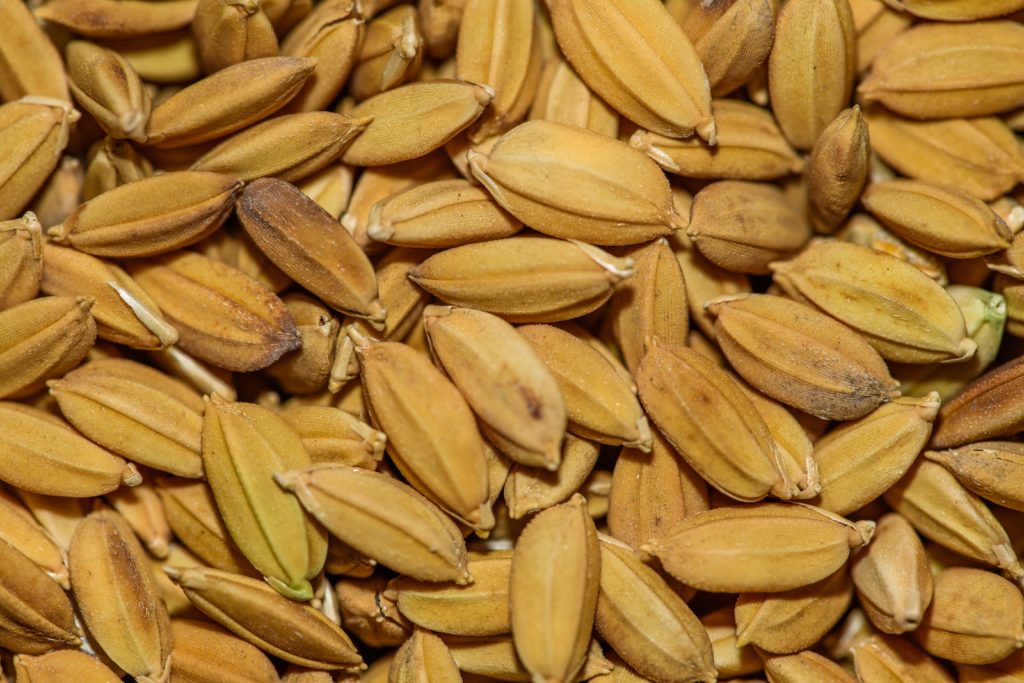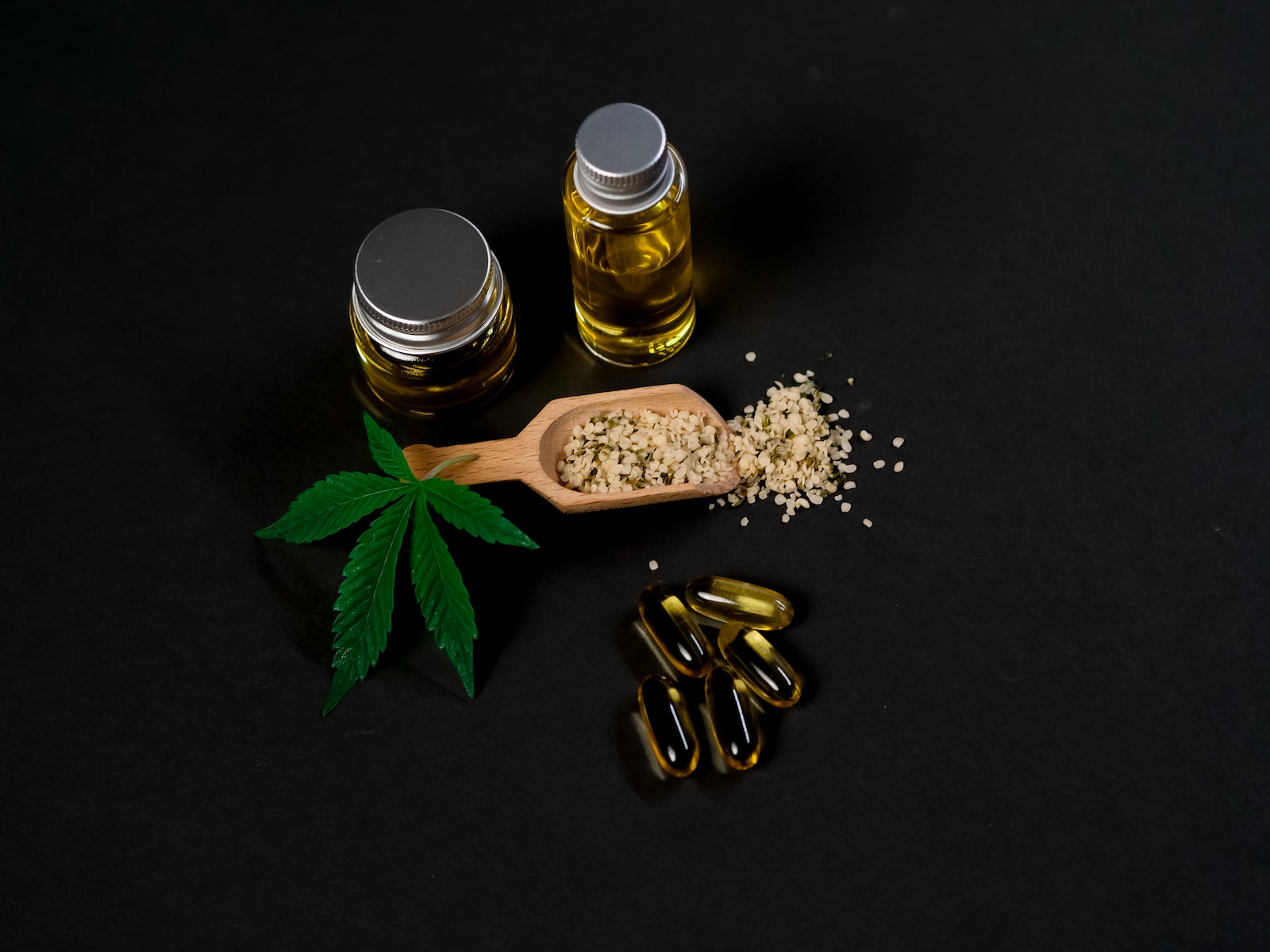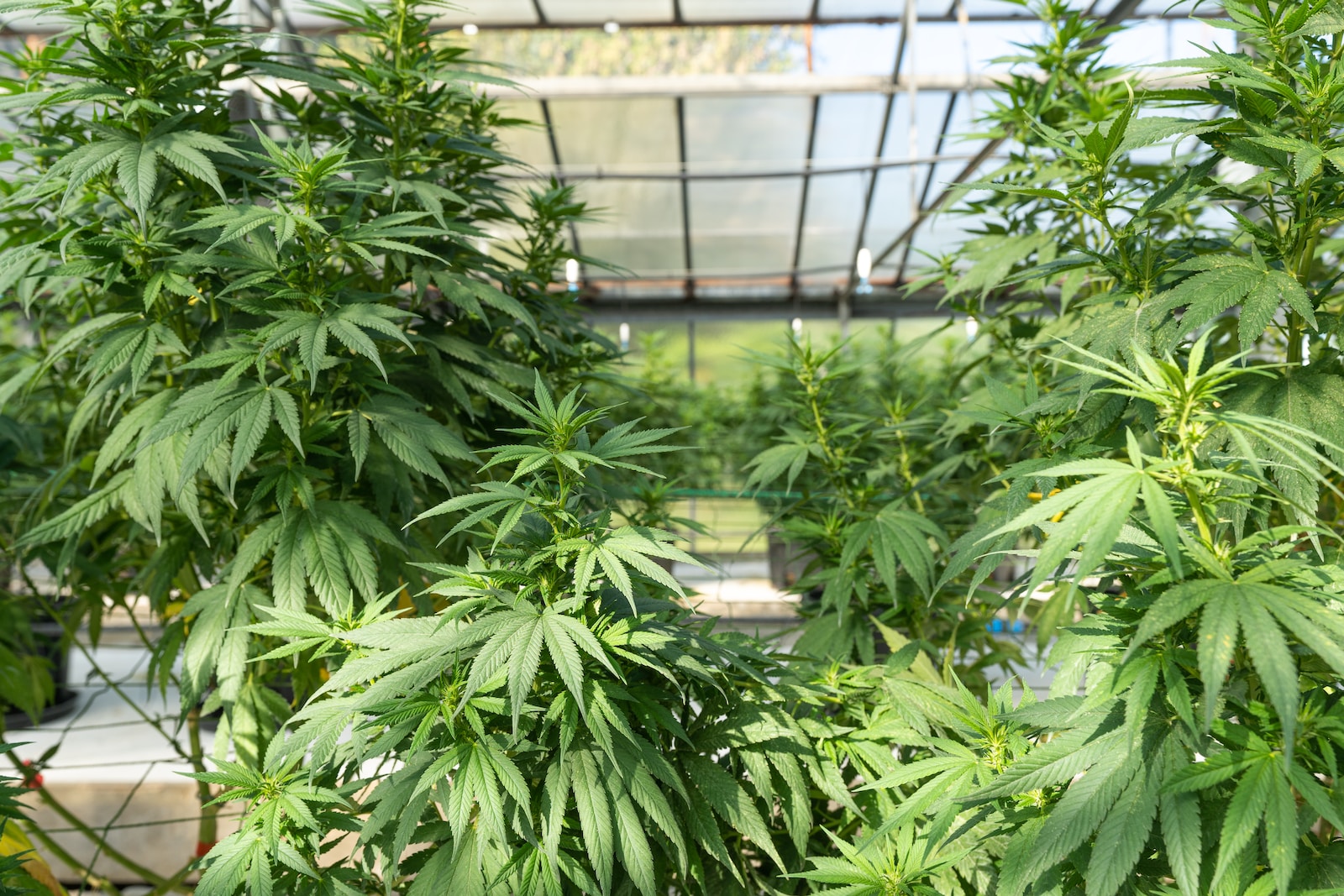Corn is a staple crop in many parts of the world, valued for its versatility and nutritional benefits. However, one of the challenges that corn farmers face is weed management. Weeds can compete with corn for nutrients, water, and sunlight, leading to reduced yields. To tackle this issue effectively, it’s crucial to know what to spray on corn for weeds. In this comprehensive guide, we’ll explore various weed control methods and provide valuable insights based on both scientific knowledge and practical experience.

What to Spray on Corn for Weeds
Understanding Weed Management
Weed management is a critical aspect of corn farming. It involves the use of herbicides, cultural practices, and integrated approaches to control unwanted vegetation in cornfields.
Herbicides: The Key Players
- Pre-Emergent HerbicidesPre-emergent herbicides are applied before weed seeds germinate, forming a barrier that inhibits weed growth. These herbicides are effective against a wide range of weed species.
- Post-Emergent HerbicidesPost-emergent herbicides are applied after weeds have sprouted. They target actively growing weeds, making them an essential tool for managing established weed populations.
- Selective vs. Non-Selective HerbicidesSelective herbicides target specific weed types without harming corn plants, while non-selective herbicides eliminate all vegetation. Choosing the right type is crucial for successful weed control.
Integrated Weed Management
Integrated weed management combines multiple strategies to minimize herbicide reliance. This approach includes crop rotation, proper planting density, and mechanical weed control methods.
Factors Influencing Herbicide Choice
- Weed SpeciesDifferent herbicides are effective against specific weed species. Identify the predominant weeds in your cornfield before selecting an herbicide.
- Environmental ConditionsConsider factors like weather conditions and soil type, as they can affect herbicide performance and safety.
- Corn VarietySome corn varieties are more tolerant to certain herbicides. Consult with seed suppliers for recommendations.
FAQs on Weed Control in Corn

Q: Can I use organic methods to control weeds in corn?
A: While organic methods like mulching and hand-weeding can help, herbicides are often necessary for large-scale weed control in corn.
Q: How can I prevent herbicide resistance in weeds?
A: Rotate herbicide modes of action and use integrated weed management practices to delay resistance development.
Q: Are herbicides harmful to the environment?
A: When used correctly, herbicides have minimal environmental impact. Follow label instructions for safe application.
Q: Can I mix different herbicides for better weed control?
A: Mixing herbicides should be done carefully, following expert recommendations, as compatibility varies.
Q: Is it possible to eliminate weeds entirely from a cornfield?
A: While challenging, effective weed control strategies can significantly reduce weed populations.
Q: How often should I apply herbicides in a growing season?
A: The frequency of herbicide applications depends on weed pressure and herbicide persistence. Consult your local agricultural extension office for guidance.
Conclusion
Weed control is a vital aspect of corn farming that directly impacts crop yields and quality. Knowing what to spray on corn for weeds and employing integrated weed management strategies can help you maintain a healthy and productive cornfield. Stay informed about the latest advancements in herbicides and weed control techniques to optimize your corn farming practices.
